“Austin, what's wrong?”
My wife Lily grabbed my hand as we rode the subway to work.
My vision began to tunnel and black spots were creeping their way into its edges.
My breathing became short and erratic.
It was a full blown panic attack and I felt like I was going to pass out.
Over the past 8 months, I had been working insane hours every week.
There was my day job at Microsoft where I managed partnerships for our advertising business. Don't get me wrong, the balance Microsoft offers my team is amazing. I'm incredibly lucky to work there.
Outside of my day job, I'm running things here at Cultivated Culture. As is true with any small business, there's always more to do.
I publish content on LinkedIn almost every single day.
I'm working on building out several new tools for job seekers.
I'm constantly writing new emails and blog posts.
The list goes on…
At the beginning of the aforementioned 8 month stretch, I had decided to take up coaching. At this point, I had more leads than I knew what to do with and it was hard to say no to more revenue…
The Beginning of Burnout
My life was spent with my face buried in my phone.
I was one of the 80% of people that check their phone within 15 minutes of waking up.
I went down to the gym, set the treadmill to 4 mph, cranked the incline to 5%, and spent the next 30 minutes walking and replying to emails.
When I stepped on the subway to start my morning commute, I would open the Notes app on my iPhone and begin drafting posts for LinkedIn that week.
The next 8 hours of the day were spent at the Microsoft offices, spending lunch and coffee breaks frantically replying to comments on social and new emails that dropped in my inbox.
I forgot to reply to friends because I “needed” to get back to three potential clients.
When I got home from work, I'd sit down to dinner with my wife.
As soon as the last bite was taken, it was back to the phone. What emails came in while we were cooking? What could I knock out now so I wouldn't have to worry about it tomorrow morning?
Rinse and repeat, seven days a week.
I loved it!
Ignorance Is Bliss, Right?
Seriously, I loved it.
It was easy to overlook to potential negatives by taking one glance at the growth of my audience or my bank account.
I was growing at a rate of 10,000 followers / month on LinkedIn and I had dozens of new coaching leads flooding in every day.
My business's run rate had jumped 500% year over year and it continued to climb.
So what if I spent a few extra minutes on my phone every day?
(By a few extra minutes, I mean an average of ~6 hours every day with some days breaking the 10 hour mark according to my Screen Time app).
When the metrics look that sweet, mental health and self care can ride in the trunk.
I Couldn't Outrun It, Burnout Was Inevitable
I was operating at that rate for several months before my brain started to protest.
Little things would set me off, I'm not an angry person but I'd freak out.
I'd curse a client under my breath for sending me something to review (which they were paying me to do).
I'd get visibly upset with every new email that popped up in my inbox.
I wasn't able to relax at all on vacations or weekends away. Lily would routinely have to talk me off whatever ledge my brain had built that day.
I had the worst Comparison Syndrome ever (“they post more than I do, I need to ramp it up” - ”they just launched a course, I'm behind” - ”they landed this feature, I need to do that too” - ”they're on LinkedIn AND Instagram, I'm only doing one so I suck”).
These started as small thoughts that quickly snowballed into a full on mental health issue.
Eventually, I broke.
The panic attack on the subway became a weekly occurrence.
I'd find myself hyperventilating, crying, and being crippled by my anxiety on a regular basis.
Something had to change.
Side Note: It’s Great To Want More From Life
Before I dive into the steps I took to combat my burnout and anxiety, I want to take a moment to acknowledge something about burnout and ambition.
A lot of people who are chasing a goal experience burnout.
Challenging ourselves to do more is woven into the DNA of self improvement.
It's easy to say, “Ok Austin, so scale back on the coaching” the same way it's easy to say “hey Mr. Marathon runner, just stop running so many miles and you'll be fine!” or “hey Ms. Freelancer, just spend fewer hours working and you won't be as anxious!”
I'm a big believer in chasing your dreams, whatever they may be.
I think it's important to acknowledge that it's OK to bust your butt to make your dreams a reality. It's great to strive for more.
In her book Girl, Stop Apologizing, Rachel Hollis said:
“Whatever the dream, it's yours…You don't have to give any justification, because as long as you're not asking anyone to give you approval, then you don't need anyone to give you permission…You focus in on that dream you have, you do the work, you put in the hours, you stop feeling guilty about it!”
I couldn't agree more.
Telling someone to give up or reduce doing something they love isn't a cure for burnout.
Finding ways to create a healthy relationship with the work required to achieve your goals is.
The following strategies are the ones I used to recover from burnout while still maintaining a healthly relationship with my dreams.
5 Strategies I Used To Recover From Burnout & Begin Enjoying Work Again
It's been a few months since I felt the same overwhelming anxiety I wrote about at the beginning of this post.
It hasn't been easy to break the cycle.
It took a lot of trial and error, but I'm finally back to enjoying my work and feeling awesome about my progress.
Here are 5 strategies that helped me take control of my mental health, my happiness, and my work.
#1: Take a Vacation & Completely Unplug
Lily and I had a wedding on the books a few weeks after the subway incident.
It was up in Banff, Canada and I decided to shut everything down for the long weekend.
I left my laptop in New York and my phone was turned off for the entire weekend we were up there.
Before we left, I set up an out of office email — but not just any email. I included two things that really helped put my mind at ease:
First, I made a map with links to resources that all of my readers might need. I bucketed them into sections and included all of the relevant links to that topic.
Here's a screenshot:
That way I knew that people would get answers to basic questions and I could immediately delete those emails when I got back to the office.
A few years ago, I read about how Daimler (the car manufacturer) implemented a “Mail on Holiday” policy.
This policy gave the employees an option to set their emails to “auto-delete” so that they came back from vacation with an empty inbox (gasp!).
Their message was effectively saying “This person is on vacation, so we've deleted your email because this person will never see the email you just sent. You can either send another email when they're back, or you can email someone else.”
Sign me up!
I channeled my inner Daimler by setting up a filter and including a line at the top of my out of office which said:
“In order to help me unplug, I have a filter set up to delete any emails that come in while I’m out of office. If this is urgent, please follow up with me on [Date I’m Back In The Office] and I will make sure it gets read. Thanks for understanding!”
I set the expectation to anyone emailing me that their note wouldn't be read unless they followed up with me after my vacation.
That accomplished two things:
- It relieved the stress in my brain about needing to reply to everyone who emailed me while I was on vacation.
- If someone was truly important or urgent, that person would follow up with me when I got back.
This out of office message and the autodelete filter completely put my mind at ease knowing my readers were getting basic help and, if they needed more, they could reach me after my vacation.
I wasn't missing out on anything.
Instead, I got to enjoy some great craft beer and amazing views (with elk butts in the background):
I came back feeling refreshed.
Now, you don't need to travel to some exotic place to escape. I also took a week off at the beginning of December to reset and get things in order. You can do it right from the comfort of your own home (or wherever makes sense for you).
The important thing is intentionally taking a break from any sources of stress for an extended (3+ day) period.
Now, while this is a great starting point, the benefits of the break only last so long.
If you don't do something about the sources of your burnout and stress, those feelings are going to come roaring back as soon as you fall into your old routine that initially led to burnout.
How Long Does Burnout Last?
This was a question I spent a lot of time researching when I decided to tackle my burnout head on.
All of my intensive research led to a single conclusion — it depends.
There is no magical timeline. It depends on how bad your burnout is and it depends on the quality of your recovery.
Sometimes a weekend away with no phones or email is enough to recover from minor burnout. But major burnout requires a different approach to recovery. I saw this first hand.
You can't cheat it. You can't take shortcuts. You can't say “I'll just check email for 15 minutes and then lay by the pool.”
As soon as you revert back to your old habits, you reset the clock.
If you want a lasting recovery from the burnout you experienced, you need some initial time to completely unplug with the cause of your burnout.
Then you need to ease back into a healthy relationship with the sources of your burnout.
That's what we'll dive into next.
#2: Improve Your Relationship With Technology & Get Control Of Your Time
When I was burning out, I clearly had a problem with technology - I was addicted to my iPhone.
But I'm not the only one with that issue.
According to RescueTime, we pick up our phones an average of 58 times per day and we spend an average of 3 hours and 15 minutes on our devices.
The top 20% of users spend upwards of 4.5 hours on their phones.
According to the American Psychological Association, people who spent more time on their phones reported higher levels of stress (shocker!).
One of the easiest ways to reduce anxiety and take back control of your time is by improving your relationship with your phone.
I set out to do exactly that, and I came across this amazing article called How to Configure Your iPhone to Work for You, Not Against You.
That post is bursting with great tips, but I'll share the two that helped me most:
#1) Turn off notifications on all of your apps
If you're anything like I was, you spend your time chasing little red dots on your screen trying in vain to reach zero notification status.
This is a losing game.
You're giving your precious time and attention to everyone except for yourself.
Constant checks and refreshes ensure you never get in a state of deep work on the important stuff.
You can combat this by completely shutting off your notifications.
I turned them off for every single app except for my Phone, Messaging, and “Delivery” apps like Lyft or Dark Sky that only notify me when it matters.
This took me less than 5 minutes to implement and it's already cut my screen time down to an average of 1.75 hours per day:
If you have an iPhone, you can go to Settings > Notifications to make this happen.
Make sure to turn off Badges too — you'll never see a red circle on an app ever again.
You want to be in control of when you check in and reply.
#2) Block off time to check your messages — and only check them during those times
You've freed yourself from the reactive, time sucking pull of notifications - congrats!
Now you need to find a healthy way to keep up with your emails, social platforms, etc. Let's focus on email.
First, use EmailMeter.com to figure out the times when you receive the most emails:
Based on your results, go into your calendar and set up two 30 minute blocks that occur shortly after you typically receive the most emails.
Personally, I set mine for 10am and 4pm.
Since I get the most emails around 10am, I can knock out a big chunk at once.
That time slot also lets me dedicate my morning to the activities that I want to work on vs. being reactive and chasing responses for other people.
4pm lets me do one final sweep before the day is done so I can leave email at the office and fully focus on myself and my family when I'm at home.
It's critical to make sure that these two blocks are non-negotiable.
They are your sacred time to reply to emails and they're important because, outside of those blocks, you should never be opening your email app.
Then you rinse and repeat for any other channels (I have the same system for LinkedIn - I reply in batches at set times).
When you get comfortable, you can start combining channels and time slots!
#3: Find Someone To Talk To
One of the worst things you can do when you run into burnout is bottle it up, but that tends to be our go to reaction.
We see “hustle culture” everywhere we go, that 24/7 mindset of whoever works the most wins! If you're not putting in ridiculous hours working towards your side business ideas, you must be doing it wrong.
The trap here is that success is the culmination of small efforts repeated daily. Truly successful people don't just put in the occasional weekend marathon. The real success stories come from people who show up every day and chip away.
But when you're in the middle of chipping, you can feel like you aren't making progress. You second guess yourself, you become vulnerable.
So when you see that post about hustling you think, ugh, I'm just not working hard enough. Look at so-and-so over there, they sent an email blast today or they just released a new mega-post, they're working harder than I am. I need to suck it up and keep going.
No! No, you don't.
You need to find someone to vent to — which leads to our other reason for bottling things up:
We don't want to burden other people with our problems.
We don't want to complain to our partners for the umpteenth time, we don't want to spend an hour of that catchup with an old friend dumping our problems on them…so we keep in inside.
Inside where it builds, and builds, and builds until eventually it bursts out of us — usually at the worst possible time. Not great!
One of the best things you can do for yourself is finding someone to talk to. Someone you can open up to and drop your guard with.
That could be a friend or family member if you feel like the situation is right.
It could also be a professional. I personally used (and still use) TalkSpace which was amazing from an accessibility and price standpoint.
You don't need to hike to someone's office and pay a fortune out of pocket. You can get help from someone right from your couch.
Being able to share the feelings I was keeping inside was so incredibly helpful on the path to recovery.
#4: Pay Yourself First Every Single Morning
In his iconic book Rich Dad, Poor Dad, Robert Kiyosaki shares one of the most important lessons for personal growth:
“In order to be rich, you must have the self-discipline to pay yourself first.”
In the context of this post, we're talking about spending your waking moments feeding your brain and your soul.
Earlier in the post, I mentioned that 80% of people rush to check their phones within 15 minutes of waking up.
According to David Greenfield, professor of clinical psychiatry at the University of Connecticut School of Medicine, checking your smartphone causes cortisol levels to spike.
Cortisol is the same hormone that kicks in during fight-or-flight situations - not great, Bob!
When FaceID confirms your identity, your nervous system kicks into overdrive and your brain says, “Ok, what do I have to do for other people?”
What an awful way to start the day!
Instead, take the first 20–30 minutes of the day and dedicate them to yourself.
What can you do to set a positive tone for the rest of the day?
Some people like to:
- Exercise
- Meditate
- Journal / Write
- Practice a hobby
Or just sit with a cup of coffee watching the sun rise.
Personally, I write in a journal, do a quick meditation/visualization, then hit the gym.
Instead of waking up in the anxiety inducing state of serving others, I take the time to focus my attention on what matters most to me and how I can make the rest of the day a win.
All in 30 minutes!
If you don't know where to start, I would absolutely recommend grabbing a copy of The 5 Minute Journal which will have you start the day by writing down:
- 3 things you're grateful for
- 3 things that would make today great
- An affirmation that means something to you
Finally, make it stupid easy to take that time for yourself. As Ryan Holiday put it, “You'll be less likely to take the easy way out if it's embarrassingly simple to do the thing you want to do.”
I put my journal on top of my phone as a reminder to do it every morning. I know that if I check my phone and haven't done my journal, I had to make a conscious effort to lift my journal off of my phone to make that happen.
That guilt trip helps me stay accountable as I'm working to turn this new routine into a life long habit.
#5: Learn How To Sleep Like A Baby
If you're looking for a “silver bullet” life hack, look no further.
Sleep isn't sexy, but it's the absolute best thing you can do to improve virtually every aspect of your life.
Don't buy into the 24/7/365 marketing-manufactured mindset of “hustle culture.”
It's stupid.
Stuff like this make me want to throw up:
The Mayo Clinic recommends 7 hours of sleep for a healthy adult.
Any less than this and you'll see severe decreases in short term memory, long term memory, decision making, attention span, and overall health, according to this study in the journal of Applied Cognitive Psychology (along with dozens and dozens of other peer reviewed research articles).
Some people like to talk about how they operate like super humans on 4 or 5 hours of sleep. Most of those people are probably lying or are totally ignorant to the real impact their lack of sleep has on their ability to perform. Sure, there is a tiny portion of the population that truly don't need a lot of sleep — odds are, you aren't one of them.
Working your way to a good night's sleep on a consistent basis is one of the best weapons you have to combat stress and burnout.
Now, you may be saying, “but I'm so stressed or revved up when I try to sleep, it feels like my brain is on fire.”
I get it, I've been there.
One of the things that helped me the most was giving myself permission to let go for one night. Not every night — just one night.
I sat down early and I wrote out everything that was on my mind. I wrote out my issues and concerns, I made a to do list for the next day and week, I brain dumped anything else that was on my mind.
Then I closed my laptop and told myself, “everything in your brain is in that doc and it will be there tomorrow. You have permission to take a break from it until tomorrow morning.”
Next, I started working on my sleep hygiene.
I started by watching this awesome TED talk from Matt Walker called Sleep Is Your Superpower:
Next, I used this article from the New York Times on how to get a good night's sleep as a jumping off point for some deep research on how to improve my sleep quality.
If you've ever gone down the same rabbit hole, you know that “optimizing” for sleep can get out of hand quickly.
There are SO many things you can be doing that it can actually make you more stressed out when you're trying to go to bed!
I don't want that to happen to you so let's focus on the single biggest thing that I found impacted my sleep: reducing blue light.
Blue light is what gets emitted from our devices – our phones, TVs, computers, etc. – and it's super bad for our sleep cycle!
I found that doing a few simple things to reduce my exposure to blue light before bed made the journey to a better night's sleep SO much easier.
Now, some of this may seem like a product placement catalog. I promise I have zero affiliation with any of these companies outside of their stuff helping me get a better night's rest:
Enable Night Shift On All Of Your Devices
I'll take the chance to brag here, I was into Night Shift before it was cool. Back in the day I had an app called Flux that cut all of the blue light from my computer screen.
Thankfully, the folks at Apple, Microsoft, and Google have caught on to the trend and enabled that feature across their devices.
You can do this on your iPhone by going to Settings > Display & Brightness > Night Shift:
Crank that warmth slider all the way to the right — the more “warm” your screen is, the less blue light it emits.
You can also schedule when Night Shift kicks in. As you can see, I personally have it on all day but you can set it for the evening if you want. I'd aim to do it around 5pm, the earlier the better!
Then rinse and repeat this for whatever computer you use at work and at home.
No Electronics After 8:30pm
Night shift does an awesome job of reducing blue light exposure, but nothing beats totally abstaining.
At 8:30pm, Lily and I plug our phones in for the night (we let them charge in the living room, not the bedroom) and turn off the TV.
I get the best sleep on nights where we stick to this schedule. I'd love to say we're religious about it to the point where it's non-negotiable every day, but we aren't.
Occasionally we have one last piece of work to finish or we want to watch something on Netflix. If that's the case, I have a pair of Gunnar glasses that I wear, which make a big difference.
The bottom line is that doing a few small things to cut your blue light exposure at the end of the day is going to have a huge impact on your sleep.
Here are a few other “experimental” sleep tactics I've tried that have also worked well when I need some extra help:
Experimental Sleep Tactic #1: Yogi Soothing Caramel Bedtime Tea
A few years ago, I read about this on one of Tim Ferriss's blog posts. He was talking about 5 things he used to get a better night's sleep and he specifically mentioned the Soothing Caramel Bedtime brand of Yogi tea.
I decided to give it a try and boy did it work. I let it steep for 8 minutes, drink it, and I'm nodding off in half an hour whether I like it or not.
I use it sparingly though because that effect wears off if you drink it every night.
Experimental Sleep Tactic #2: Sleep Stories On The Calm App
I remember when I first heard about these because of the headlines about Calm somehow getting Matthew McConaughey to read us a lullaby.
It was right around the time when he did that weird Lincoln commercial with the bull so it seemed like kind of a joke.
It's no joke you guys.
One night Lily and I both couldn't sleep because of stuff going on at work so we put one of these on. Both of us were sound asleep in about 15 minutes.
I can never fall asleep with music, the TV, or ambient noise — until I came across these sleep stories. Now they're my lifeline when my brain is on fire from stuff happening at work or in life.
My personal favorites are Wild Sweden and Island of Dreams.
Experimental Sleep Tactic #3: Tracking With The Oura Ring
There are a lot of sleep trackers out there — Fitbits, the Apple Watch, etc. but Oura is consistently rated as the most accurate.
It's a ring that you wear which tracks a ton of different metrics as you sleep — Resting Heart Rate, Variable Heart Rate, Body Temperature, Respiration Rate, etc.
Then it packages all of that data into a Sleep Score to let you know how your night went:
When you wake up, Oura gives you another score — a Readiness Score — to tell you how rested you are and how much you can push yourself that day.
The most interesting thing about Oura (in my opinion) is your ability to see the effect of your actions on your sleep.
When I had a drink at night, my Resting Heart Rate went wayyyy up. Same if I had a meal or snack right before bed.
They say that what gets measured, gets managed. I would definitely recommend an Oura to anyone getting serious about their sleep.
Why Did I Write This?
I try to share the honest truth with you guys — the good and the bad.
It's easy to look at my website or my LinkedIn profile and say, “man, he's totally got it made!”
I do Ask Me Anything's (AMAs) on LinkedIn every now and then and the most consistent question is, “how do you manage your time?”
“How do you run a business at this level on top of a full time job?”
I'd be lying if I just said “oh a few productivity hacks — it's easy.”
I've built my site and my platform on the foundation of sharing what's real. The stuff that happens behind the scenes, whether it's tactics you can use to stand out in today's job market or stuff going on in my personal life.
I wrote this piece in that vein, to share a bit more with you all about what can happen when you're building something.
To show that I'm not perfect and I make tons of mistakes — neglecting my mental health being one of them.
I also wrote it in hopes of triggering something in other people who are feeling the same way I did. Those of you that can't sleep and feel like you can't breathe.
Don't let it get to the same point that I did.
Take a step back to evaluate. Take care of yourself. We only get to do this thing once.
Be Kind To Yourself & Pay Attention To Your Brain
Mental health is the silent epidemic of our time.
We don't feel comfortable talking about it (especially the dudes out there), so we bottle it up.
We tend to feel like our problems don't qualify as “real” because, doesn't everyone deal with stress? Doesn't everyone not sleep sometimes?
Even worse, we tend to read a Forbes article or a Tweet about “hustling” and how the people who work the most beat everyone else so we assume that what we feel is just a side effect of success — it just comes with the territory.
Even at a practical level, it's incredibly hard to get coverage for mental health treatment. Hasan Minhaj has a fantastic breakdown on this:
You need to be kind to yourself and your brain.
You need to pay attention to the signs and you need to make changes to your work style and your life style to stay mentally healthy.
It's okay to want more, it's okay to push for success, but it's not okay to completely fry your brain and live in a constant state of anxiety and stress to do it.
The entire point of work is to build on things we're passionate about, to make an impact, to provide for ourselves and our families — and to be happy.
Have you dealt with burnout?
It affects everyone differently and I'd love to hear your story. If you're comfortable, feel free to drop a comment below to share your story or add your thoughts.
I read and reply to every single one!



















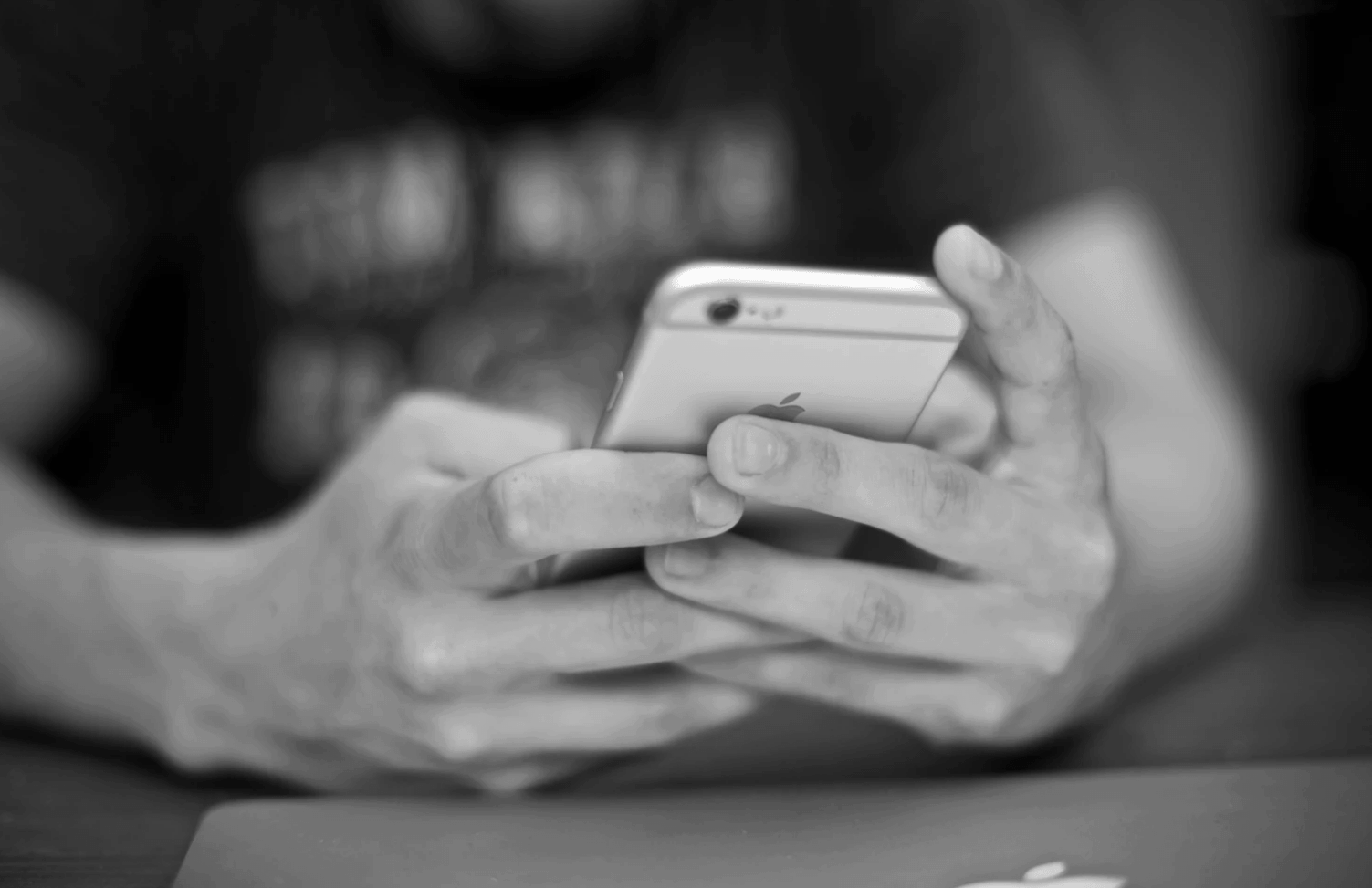
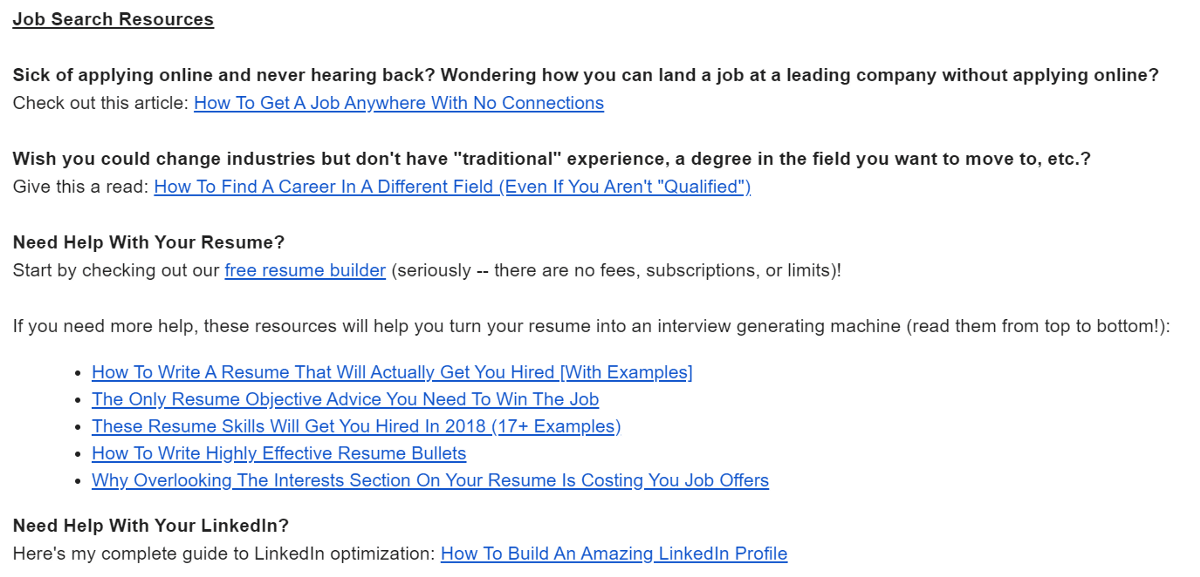
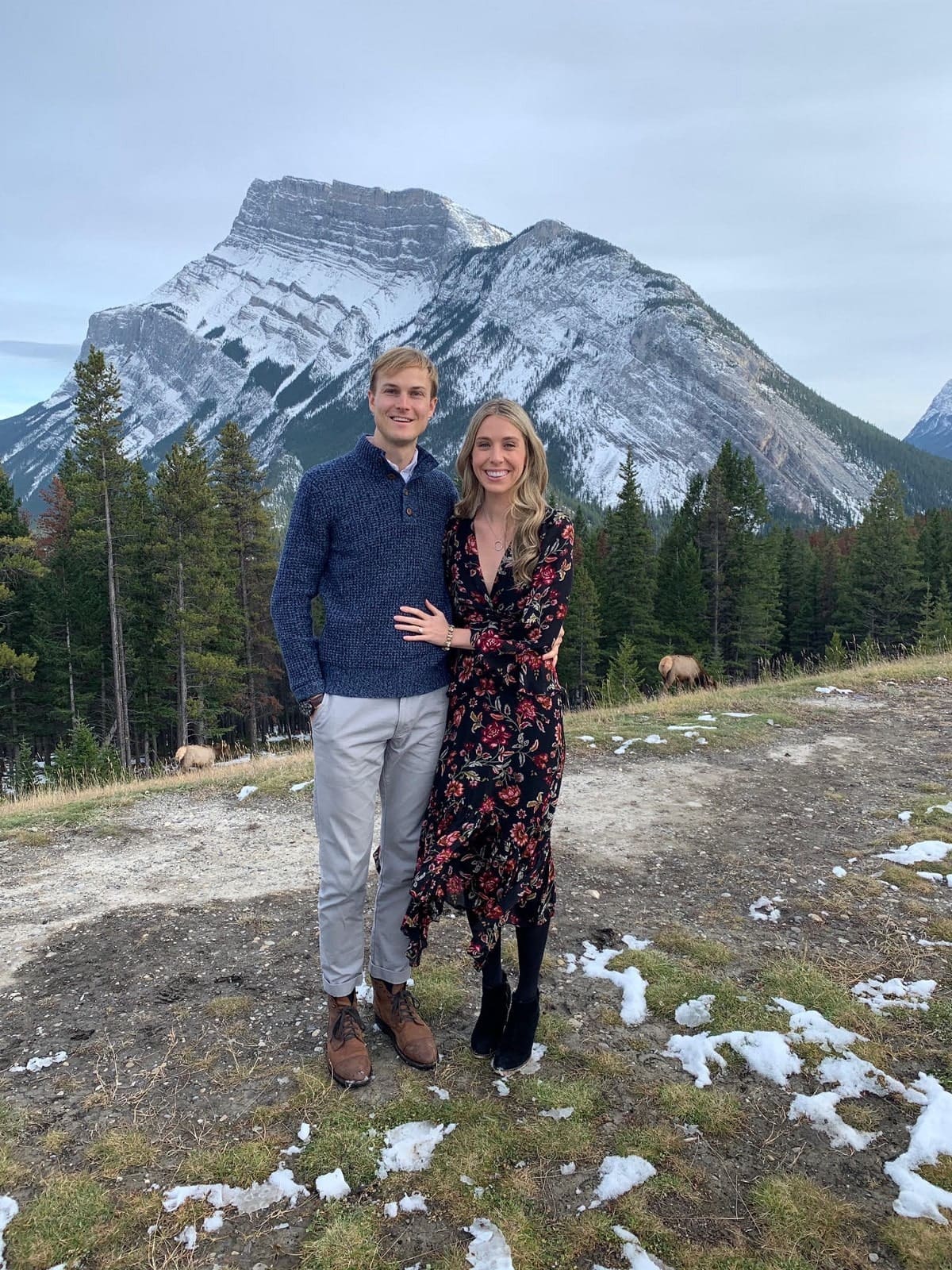
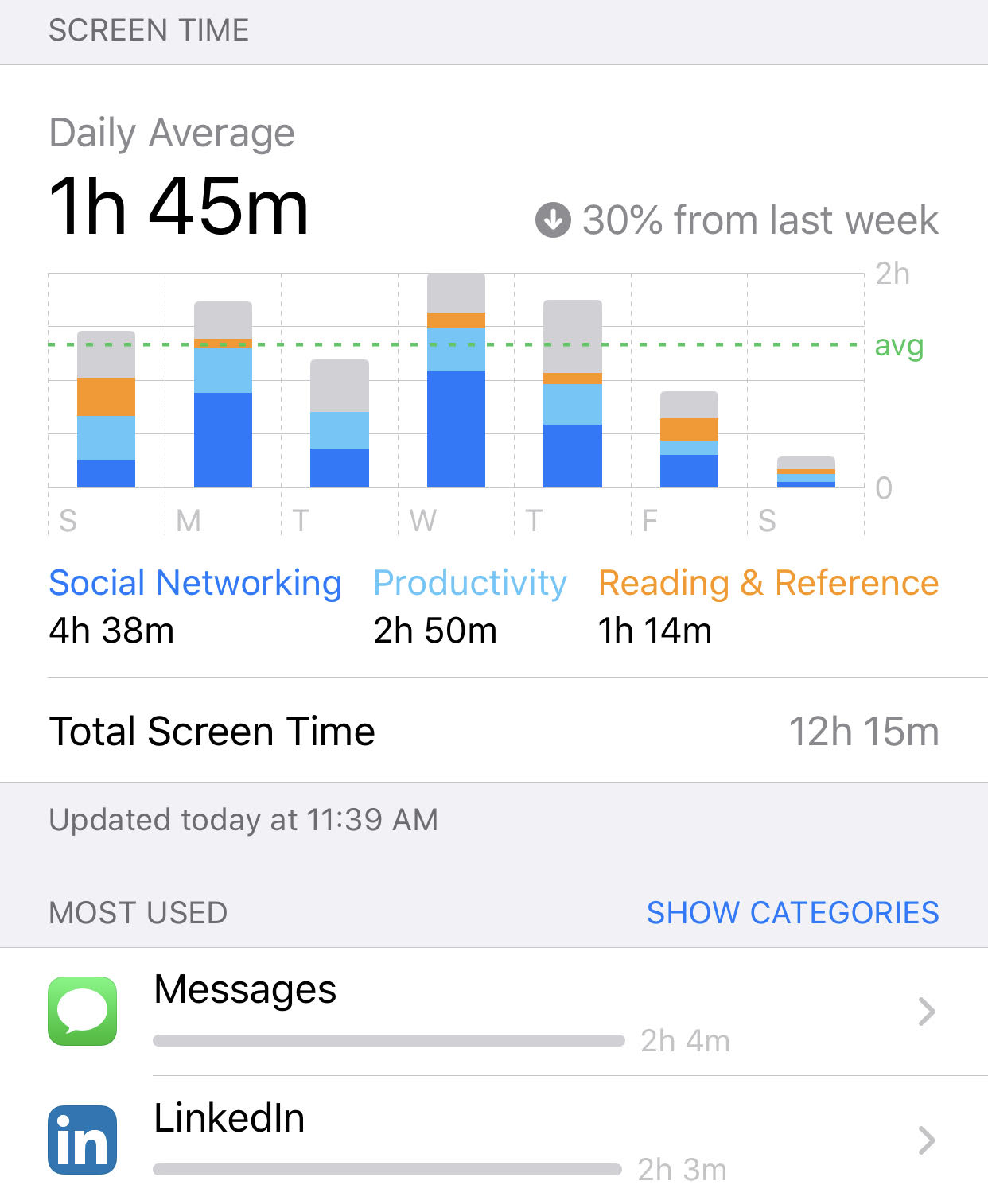
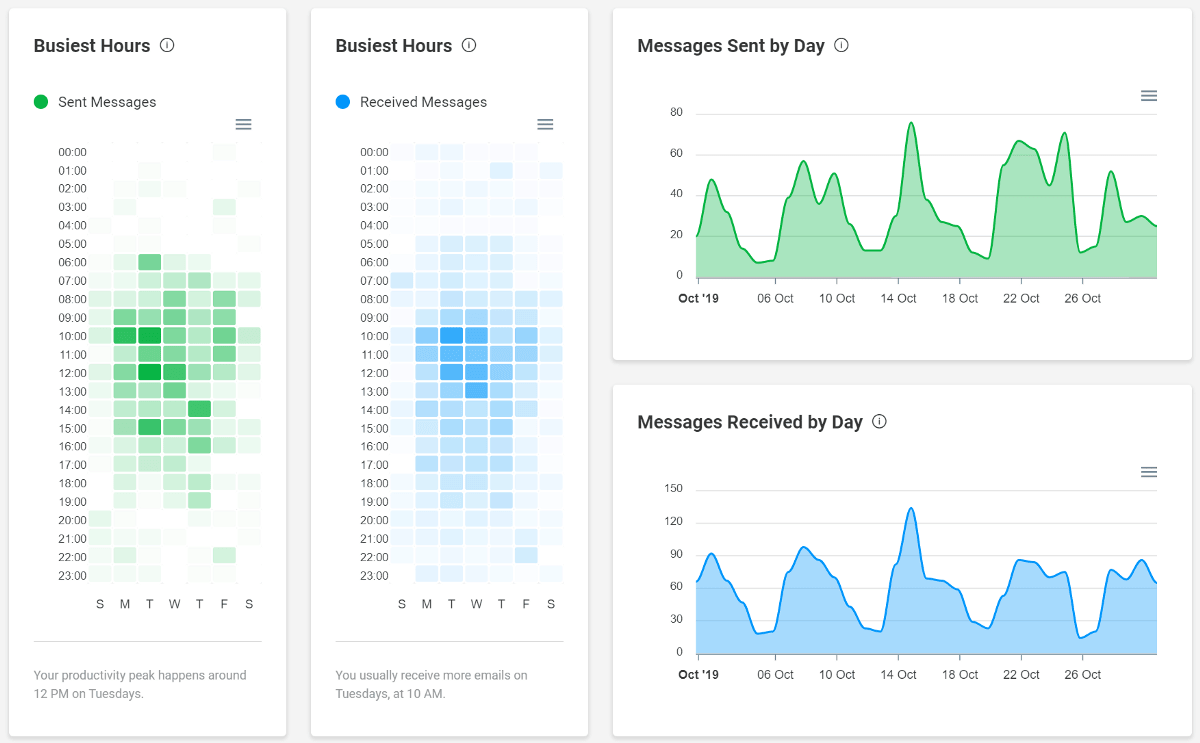

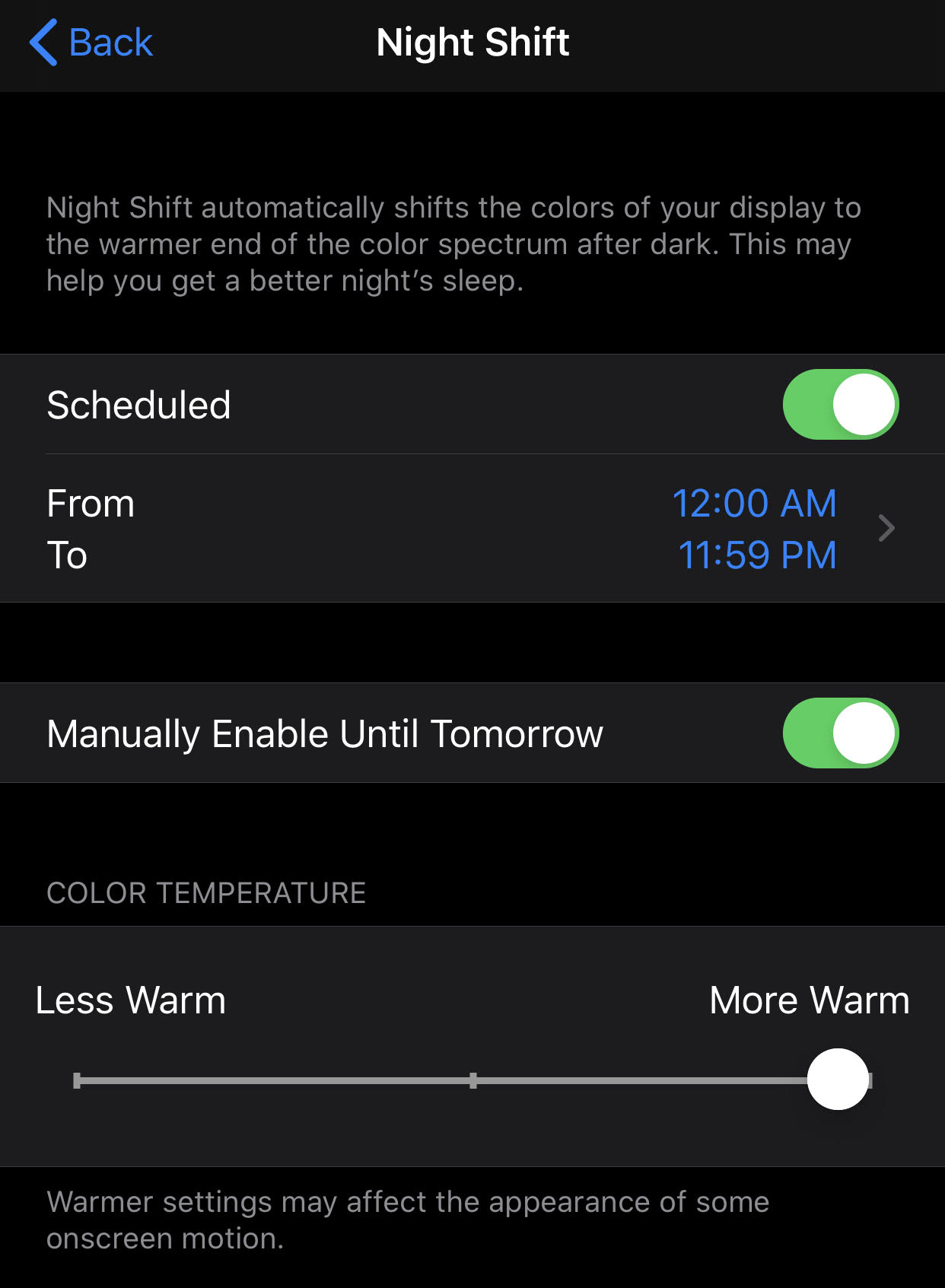
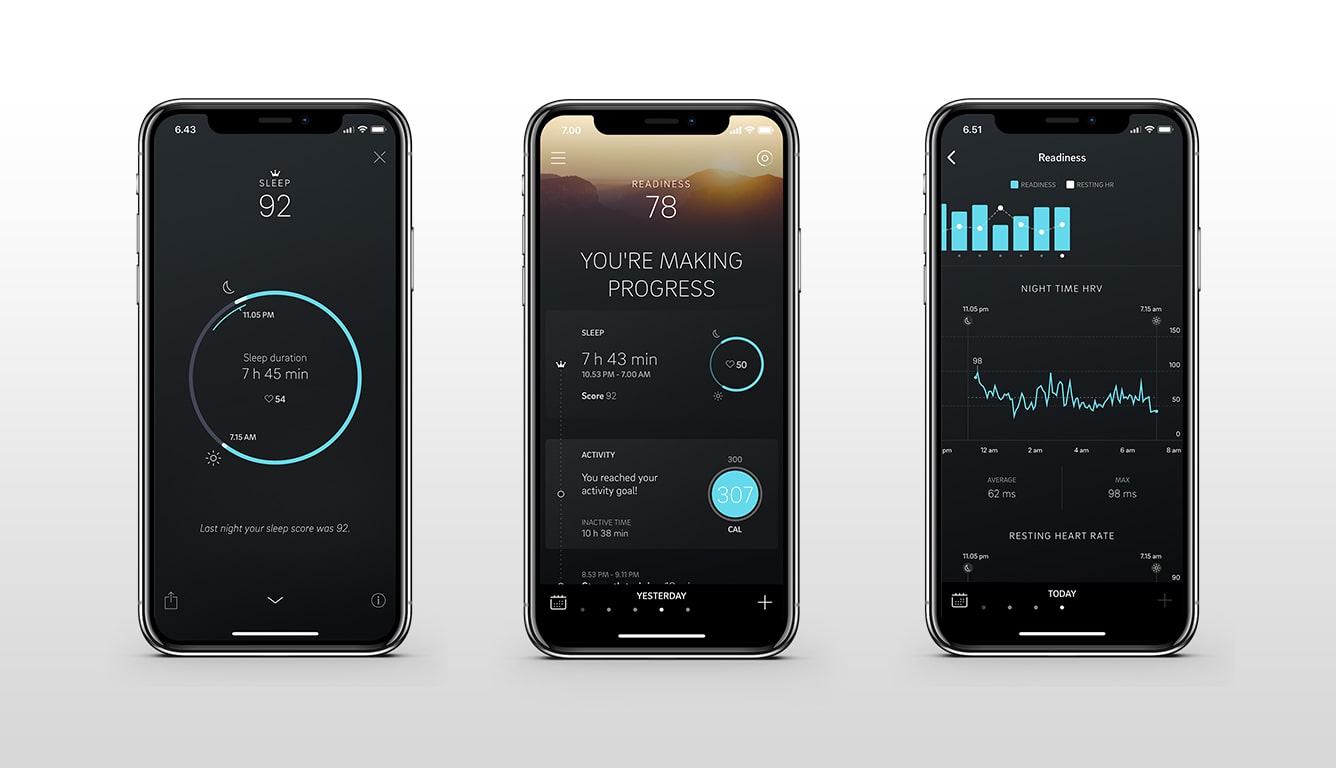










But why don’t you simply take an assistant so you can give quality time and service to your day job and also your clients?
It’s not always that simple when you’re building a business Mercy 🙂
Yep…..talk me off whatever ledge my brain had built that day. Exactly that. Every day lately. THANK YOU for sharing this!! I’d love to know if you’re still doing FT and side hustle?
Yes Suzanne, I still work full time and do this on the side! Thanks so much for reading and sharing your thoughts, I appreciate it.
Hi Austin, thanks for sharing this article. I also had such attack 3 years back when I was working almost 24 hrs for months…..To be honest, I still have the affect on me, and have to take medicines though the stress level is not high now. Everytime when I tried to discuss this with my family or friends, always the suggestion was to quit if I can’t take the stress. But no one suggest how to deal with this differently without quitting as I always try to be in this profession. Your article was really helpful in the sense that it gave a different perspective to deal with the situation. Thanks a lot….
I have one more question, I understsnd you help people finding the right jobs, can you let me know the process please?
Thanks once again, hope to hear from you soon…
That’s awful Ratnadeepa, I’m so sorry to hear you went through that. That was my goal with this post, to bring some awareness and visibility to the issue along with some actionable tips that helped me. In terms of the job search process, I would start with this article: https://cultivatedculture.com/how-to-get-a-job-anywhere-no-connections/
Awesome article Austin! I would also recommend “grounding” for a good night’s sleep (It’s my secret weapon…)
You can learn more about it here: https://bengreenfieldfitness.com/podcast/biohacking-podcasts/earthing/.
As always thanks for all the awesome pointers and stay well balanced!
Thanks for adding that in Christopher!